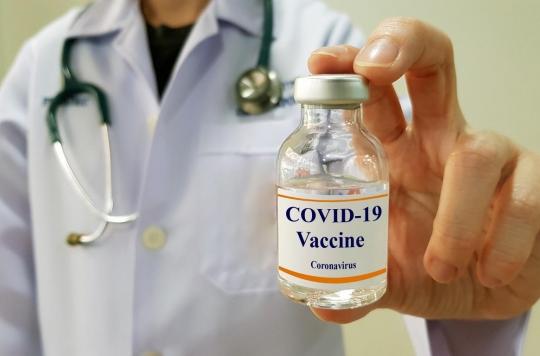A Quebec study shows that two classes of frequently prescribed drugs have a favorable or harmful effect on the fate of dental implants.

If you have an appointment with the dentist for a dental implant, it may help for a while to take a beta blocker (blood pressure medicine) and stop taking heartburn tablets. According to data collected by Canadian scientists, it is in the best interests of you to take certain common medications and avoid others to increase the chances of a successful dental implant.
The conclusions of this team of researchers from McGill University (Montreal, Quebec) are based on the study of 1,499 dental implants placed in 728 patients between January 2007 and September 2013 at the East Coast Oral Surgery Clinic in Moncton, in New Brunswick.
Specifically, the team placed 327 implants in 142 people who were taking a beta blocker for the treatment of hypertension, and 1,172 implants in 586 people who were not taking a beta blocker.
An action on bone metabolism
The results show an implantation failure rate in people treated with a beta blocker of 0.6%. Conversely, the rate of implantation failure in people not treated with a beta blocker was 4.1%.
To explain these data, Professor Faleh Tamimi, main author of the study, confides in a press release : “The success of an intervention such as dental implantation depends mainly on the extent to which the bone tissue accepts the implant to allow fusion between the surface of the implant and the living bone”.
“Certain drugs act on bone metabolism and the healing, multiplication and death processes of bone cells, and can therefore strongly influence the success of a dental implantation,” he says. This is obviously the case with beta blockers taken by more than 640 million patients worldwide.
And even if these results were expected, the figures collected surprised the team. “We undertook this study precisely because we knew that beta blockers could stimulate bone formation,” explains Professor Tamimi. Our hypothesis was that this effect could reduce the risk of dental implant failure. However, we did not expect such a marked difference in the failure rate between users and non-users of beta blockers. ”
More harmful drugs than expected
But these scientists did not stop there. They then placed 133 implants in 58 people who were taking heartburn medicine, and 1,640 implants in 741 people who were not taking heartburn medicine.
The rate of implantation failure in people taking heartburn medication was 6.8%, while the rate of implantation failure in people not taking heartburn medication was 6.8%. heartburn was 3.2%.
Faced with this observation, Professor Tamimi comments: “Scientists already knew that heartburn drugs reduce the absorption of calcium in the bones and increase the risk of fractures. This is why we wanted to clarify their effects on the integration of implants and bone healing. But we did not expect such marked adverse effects ”. The researchers indicate that it would be useful to conduct more extensive clinical trials and on a larger number of patients to analyze this phenomenon in more depth.
.

















